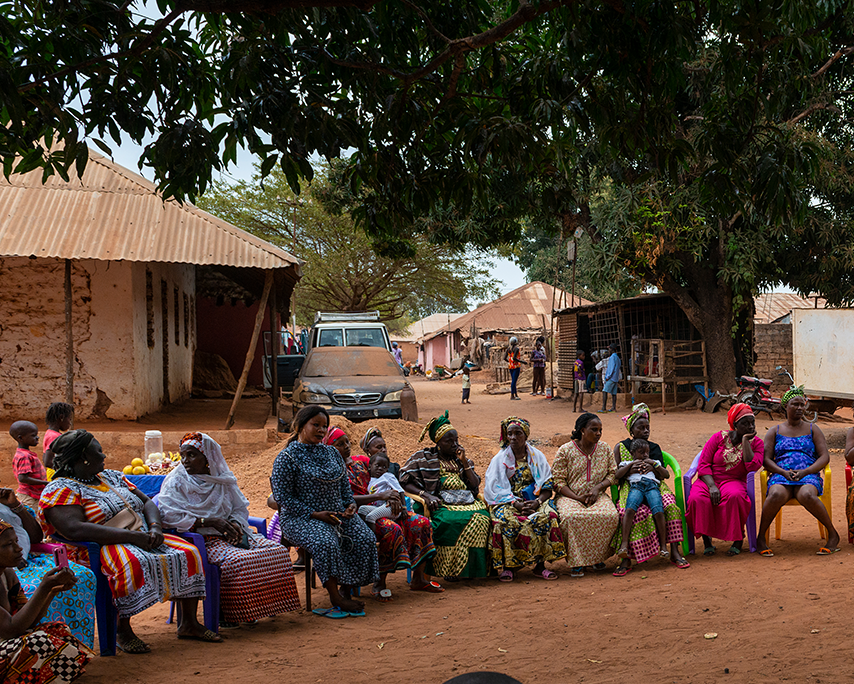Photo Credit: Tiago Fernandez/iStock/Getty Images
International Day of Peace
Building peace and responsibility in Africa’s future
Peacebuilding in Africa is often associated with high-level negotiations, disarmament agreements, or regional security initiatives. While these are vital, they only address part of the challenge. Sustainable peace also depends on what happens in homes, schools, workplaces, and digital spaces. Families, as the primary social unit, play an important role in shaping the values and practices that underpin peaceful societies. Two areas stand out in this regard: everyday peace practices within families and communities, and the growing importance of digital responsibility as a family and societal value.
In many African contexts, the family is regarded as the primary institution for imparting values. It is within the household that children observe how conflicts are managed, how respect is demonstrated, and how fairness is practised. When disagreements are resolved without violence, families help establish a foundation of dialogue that can extend into broader society.
Communities across the continent demonstrate this in different ways. In some rural areas, family elders mediate disputes between younger members, reinforcing non-violent approaches to conflict resolution. In urban neighbourhoods, community associations often take on similar roles, offering safe spaces for dialogue where disputes are addressed before they escalate. These localised practices mirror larger peacebuilding efforts, showing that peace begins with the values cultivated at home and within close social networks.
Everyday peace also manifests in how families and individuals respond to discrimination, exclusion, or bullying. By teaching children to challenge unfair treatment or support their peers who are targeted, families instil habits of solidarity and fairness. These habits contribute to more inclusive schools, workplaces, and communities, gradually strengthening social cohesion.
Digital responsibility as a new peace frontier
The digital space has become another arena where peace and conflict play out. Across Africa, social media is a powerful tool for civic engagement, entrepreneurship, and connection. At the same time, it can also amplify misinformation, hate speech, and online bullying, all of which can undermine social harmony.
Families play a crucial role in instilling digital responsibility, just as they have traditionally taught respect in face-to-face interactions. Guiding young people to verify facts before sharing, to avoid discriminatory or inflammatory language, and to engage respectfully online are now essential elements of peace education.
There are diverse perspectives on this challenge. Some community leaders argue that schools and governments should take the lead in promoting digital literacy. In contrast, others emphasise that digital responsibility must start at home, with parents and guardians setting standards. Meanwhile, young Africans themselves are demonstrating agency, creating peer-to-peer networks and campaigns to counter misinformation and promote positive digital engagement.
Linking everyday peace and digital responsibility
The connection between everyday peace practices and digital responsibility is clear. The values of respect, empathy, and fairness, when cultivated within families, can guide behaviour both offline and online. When young people learn to listen, challenge harmful language, and support others in their physical communities, they are better prepared to carry these habits into digital interactions.
For Africa, where a large proportion of the population is young and digitally active, this linkage is especially significant. Peacebuilding cannot be limited to political processes; it must also extend into the micro-practices of daily life and the fast-evolving digital landscape. Peace in Africa will be strengthened not only by political agreements or international initiatives but also by how families and communities nurture everyday habits of respect and responsibility. By combining traditional approaches to non-violent conflict resolution with a modern emphasis on digital responsibility, African societies can create resilient foundations for peace. These everyday actions may appear modest, but together they form the building blocks of a more inclusive and sustainable future.



